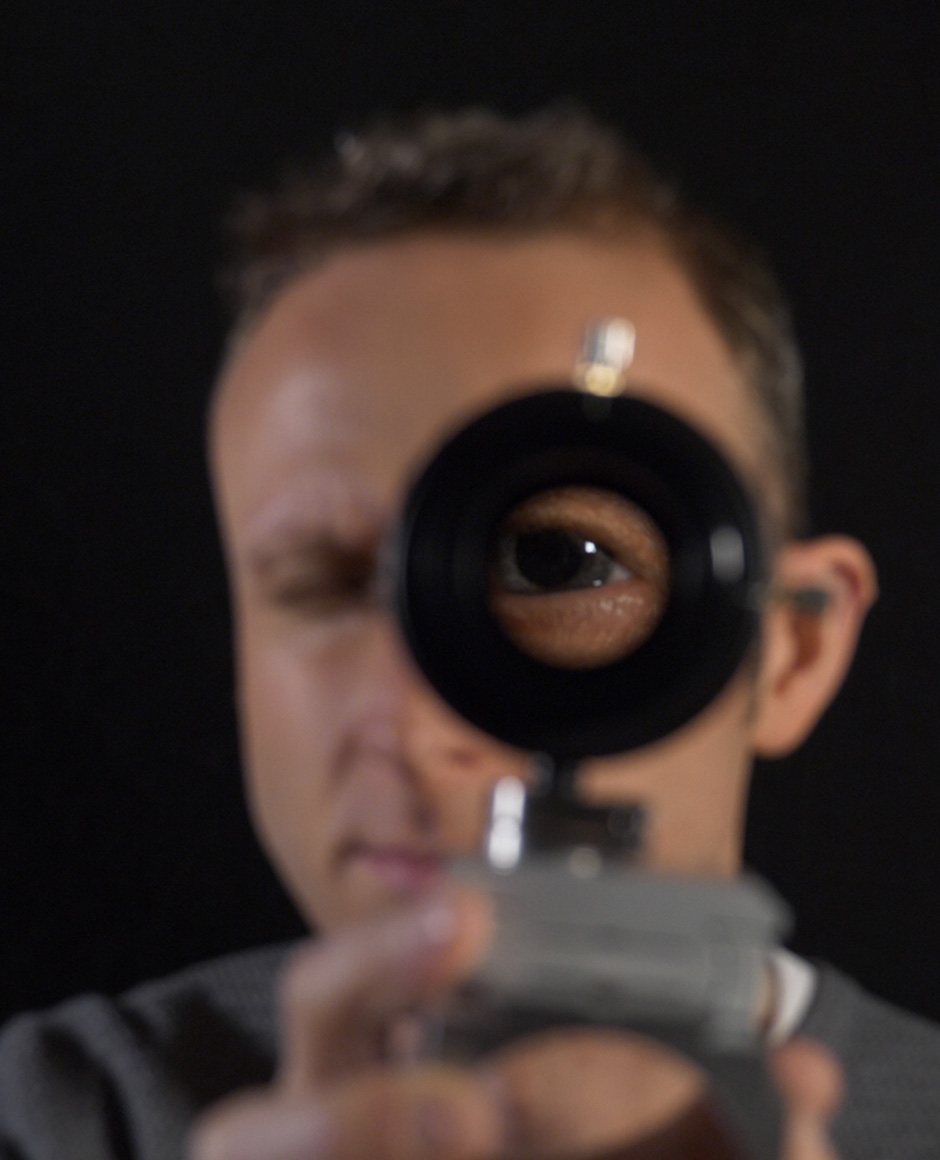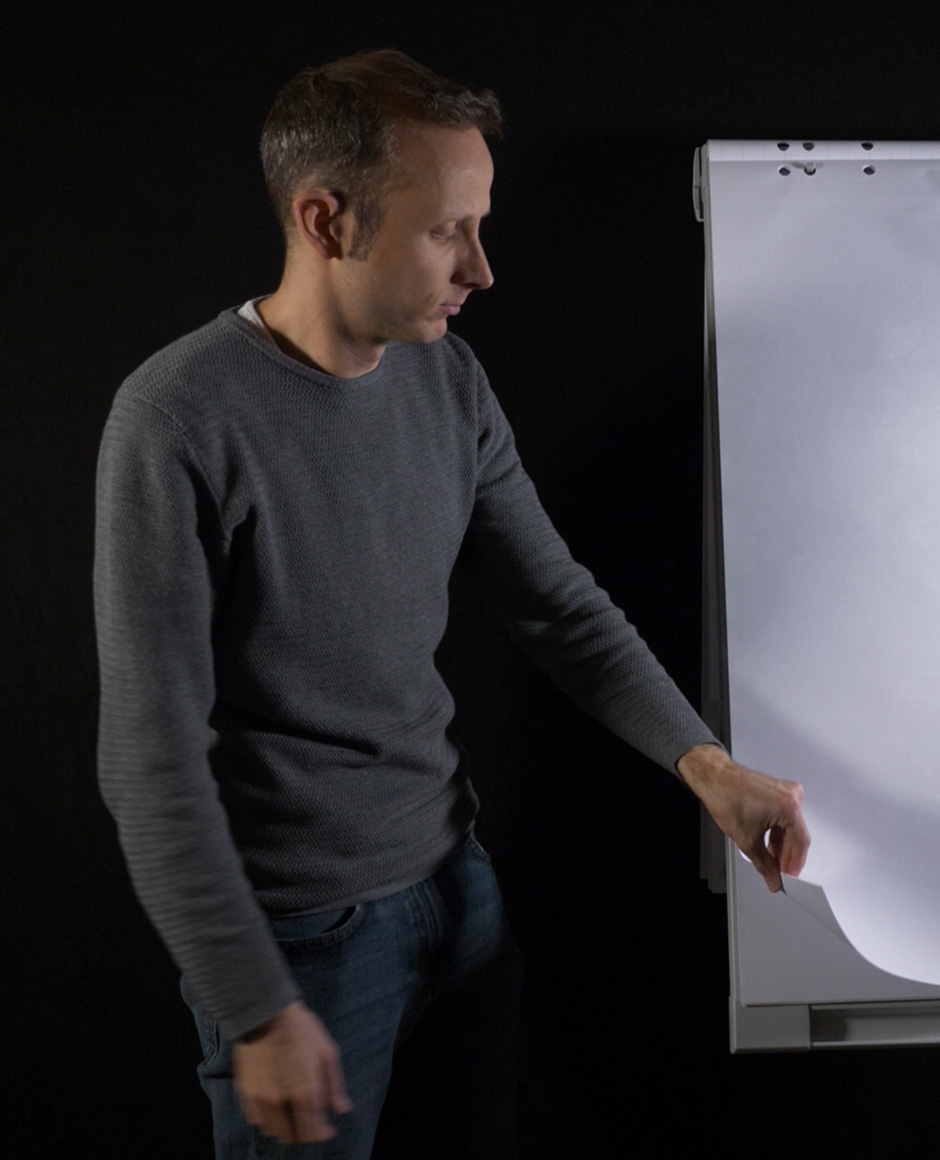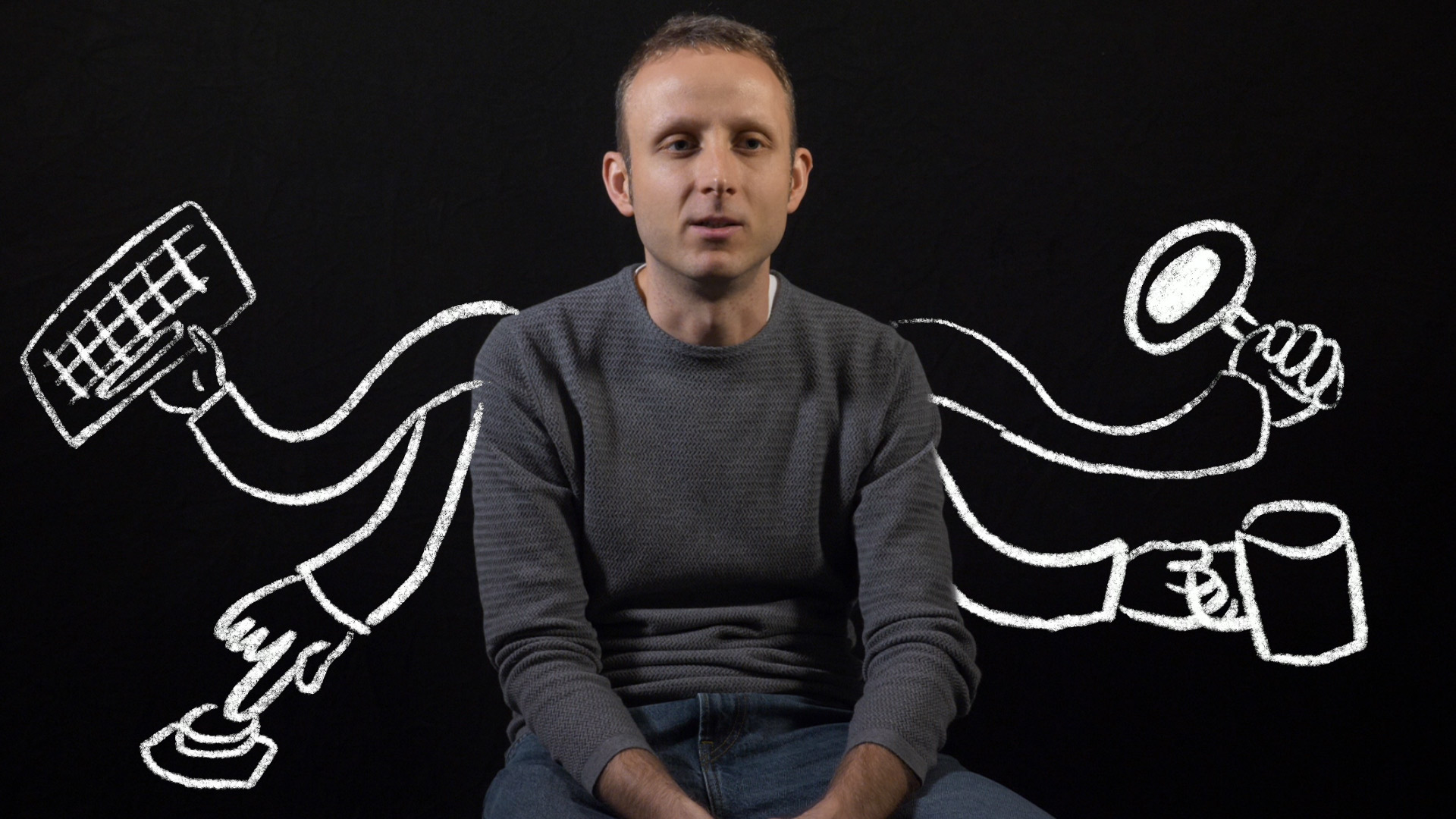
Part 01 – Hiring
Hiring the right people is absolutely crucial when starting your group – or for small groups in general.
There were a couple of things that I felt require some more thinking when putting out my first job adverts and during the interviews.
(new) small group vs. big (well know) group
How to attract good people to a small (unknown) group – particularly PhD students, who are not already deep inside a field and do not know you from your work as a postdoc?
Which students and postdocs you can attract depends a lot on what they value. There are studies (e.g. doi.org/10.7717/peerj.989) indicating that there is a (very shallow) positive correlation between group size and numbers of papers published as well as IF. So, if you were someone looking for a lab to join and you were totally focused on maximizing all odds towards your prospective scientific output (remember, it’s only a statistical average), then you would go for the biggest group possible. However, there are also studies indicating that while bigger labs create more output, the number of publications per person decreases as lab size increases (doi.org/10.1038/nj7673-553a; doi.org/10.7717/peerj.989).
However, there is also literature showing that although the above mentioned correlation is true, small groups tend to disrupt science with new ideas and opportunities, whereas large groups tend to build on existing concepts (doi.org/10.1038/s41586-019-0941-9).
Anyways, aside from the statistics, the biggest strength of small groups is the more direct and more efficient exchange of knowledge, supervision and mentorship. I feel, it is important to communicate these points, as it helps both sides. Although most of it is just statistics and it is much more important to make a decision on the individual basis (e.g. research of the group, lab culture), it might be helpful for students and postdocs to select the “right” lab. Vice versa, small groups should know their value and advantages compared to large groups to be able to stress them when advertising open positions.


How to select people, i.e. how to rate grades vs. research experience vs. other skills (such as creativity, quick thinking, dedication etc.)?
Personally, I don’t put much value on grades. I know so many examples of amazing and very successful scientists who not always had the best grades. Often this is due to unforeseeable events that are out of your hands as an undergraduate. If I have someone in the interview with some outstanding bad (not so good) grades, I ask why this is the case. Usually you can learn quite a lot about the person from the answers. I’ve never put effort into finding out what the literature says about the correlation of having good grades and being a good scientist. But I would bet that the skills relevant for doing research are not something you learn in school or university lectures. That said, without a thorough background relevant for the field you are working in/planning to work in, you are obviously lost.
The other question is how to find out about other skills and how to assess them. I once met a young PI who is doing a badass assessment centre for potential PhD students and postdocs to see how they behave under stress, pressure and tiredness. This is maybe a bit extreme, however, you have to challenge people and get them out of their comfort zone to get an idea of how they approach problems, how much creativity (and craziness) they have inside themselves and how well they would fit into your lab culture.
How to select people, i.e. how to rate grades vs. research experience vs. other skills (such as creativity, quick thinking, dedication etc.)?
Personally, I don’t put much value on grades. I know so many examples of amazing and very successful scientists who not always had the best grades. Often this is due to unforeseeable events that are out of your hands as an undergraduate. If I have someone in the interview with some outstanding bad (not so good) grades, I ask why this is the case. Usually you can learn quite a lot about the person from the answers. I’ve never put effort into finding out what the literature says about the correlation of having good grades and being a good scientist. But I would bet that the skills relevant for doing research are not something you learn in school or university lectures. That said, without a thorough background relevant for the field you are working in/planning to work in, you are obviously lost.
The other question is how to find out about other skills and how to assess them. I once met a young PI who is doing a badass assessment centre for potential PhD students and postdocs to see how they behave under stress, pressure and tiredness. This is maybe a bit extreme, however, you have to challenge people and get them out of their comfort zone to get an idea of how they approach problems, how much creativity (and craziness) they have inside themselves and how well they would fit into your lab culture.

Clone vs. opposite of myself
I think, for a large lab the answer is very clear: you need both. I found two articles that discuss the pros and cons of hiring your own Mini-Me (entrepreneur.com/article/306705; recruiter.com/i/why-we-should-stop-hiring-clones-of-ourselves/). When you are just starting you group and building it up one by one, the answer to me was not so straight forward. At the beginning, you have to be very efficient and proof yourself to get a tenured position at some point. As I was mentioning in the episode about hiring, having somebody in your team who has a very different mind-set can sometimes be quite challenging.
However, even in a small group it is important to have a broad range of skillsets – not only in terms of technical experience, but also regarding how to approach problems, find creative solutions, humour and so on. So, in the end it probably comes down mainly to the position and what is actually required for the project. In general, I would advocate to diversify your lab (in every sense) as much as possible.


In the individual episodes and blog entries, I will share my experiences and discuss different topics, which are concerning us in our everyday lives as scientists. Join the discussion, share your opinions and help to solve issues in our scientific culture.


Hey Rainer,
Nice topic, it is indeed very hard to hire people. You commented on grades, but how do you value reference letters? Especially in Germany those can be very tricky right?
Hi Linda,
reference letters are super important, but I agree, that they can be very tricky. How they are written (and what they actually mean) depends a lot on the person writing them and their (scientific) cultural background. I guess, “especially in Germany” is referring to the “Arbeitszeugnis”, which is very general and usually only tells you if someone is OK or really bad (in a sort of very indirect way).
What I’ve been told, when I was asking the same question to a senior PI before I was starting to recruit people, is to call the references and ask them what you want to know. This is really helpful, not only because you can find out more about the applicant, but also the person who was writing the reference.
Hi Rainer,
Great video! And very informative article. I agree, diversifying as much as possible is key and will result in innovative science. However, it requires more work from the PI to manage a diverse group of people. I think it is important to tailor the managing style to each personality.
Hi Ulrike,
Good point. It is definitely more work to manage a team of lots of different characters. Aside from finding the best way of managing the individual personalities, as the PI you also have to make sure that you create a lab culture where all those different characters with their very own mindsets fit in and feel comfortable working together.
Hi Rainer,
This is a very relevant topic not only in the academic world but also in the industry. You very often see managers hiring one ‘mini me’ after another because they go by their ‘gut feeling’. Which is not always good because instinctively we tend to like and trust people who are rather similar to us. So similarity bias in hiring is a big topic!
Hi Antra,
Thanks for the comment. The articles I had found about this topic are actually targeted at hiring in the industry. I have the feeling that we scientist should more often have a look at what we can learn from the world outside academia. And yes, similarity bias is a big topic. I assume this is also influencing how we review papers or grants. Might make a good topic for a future episode!